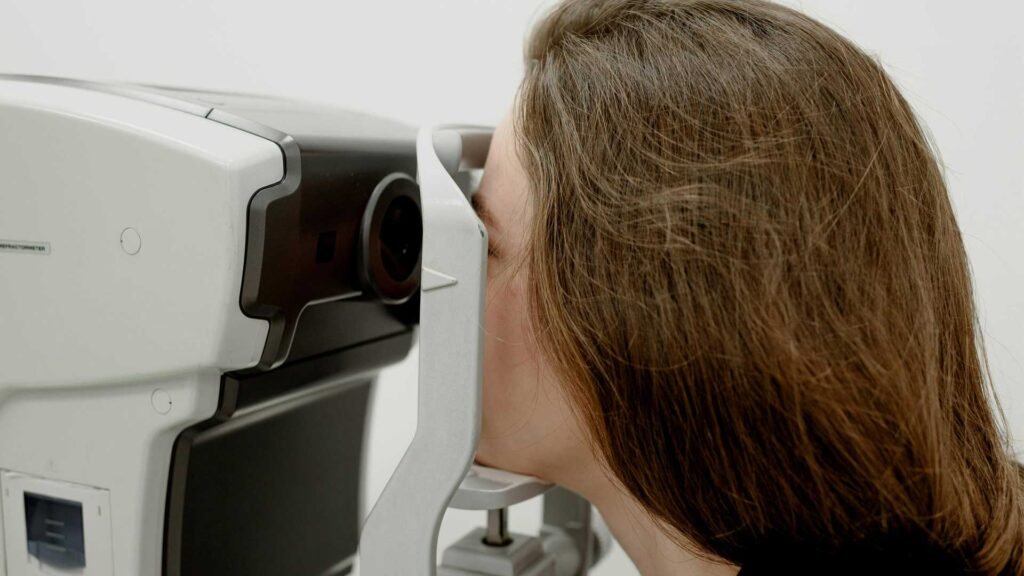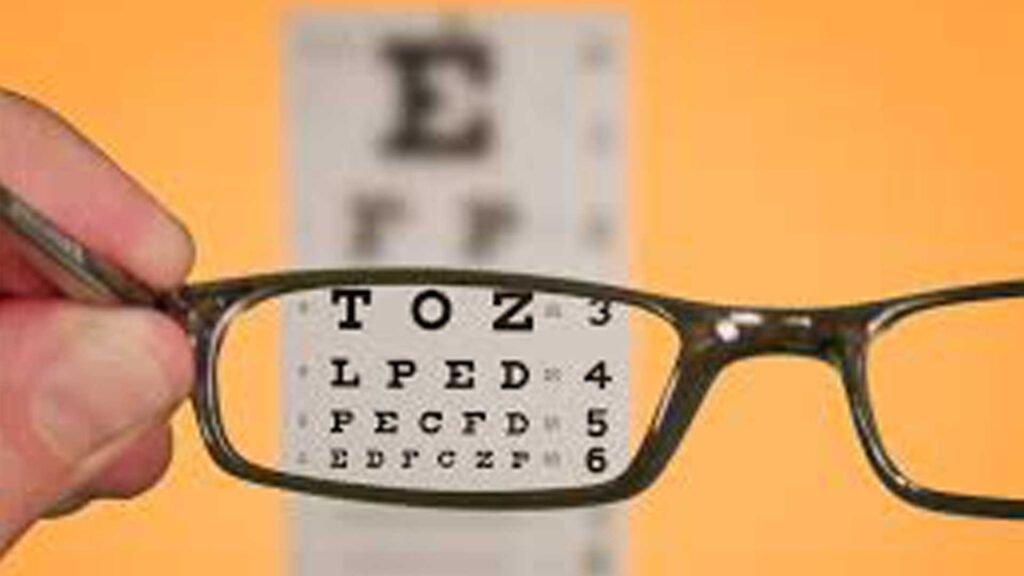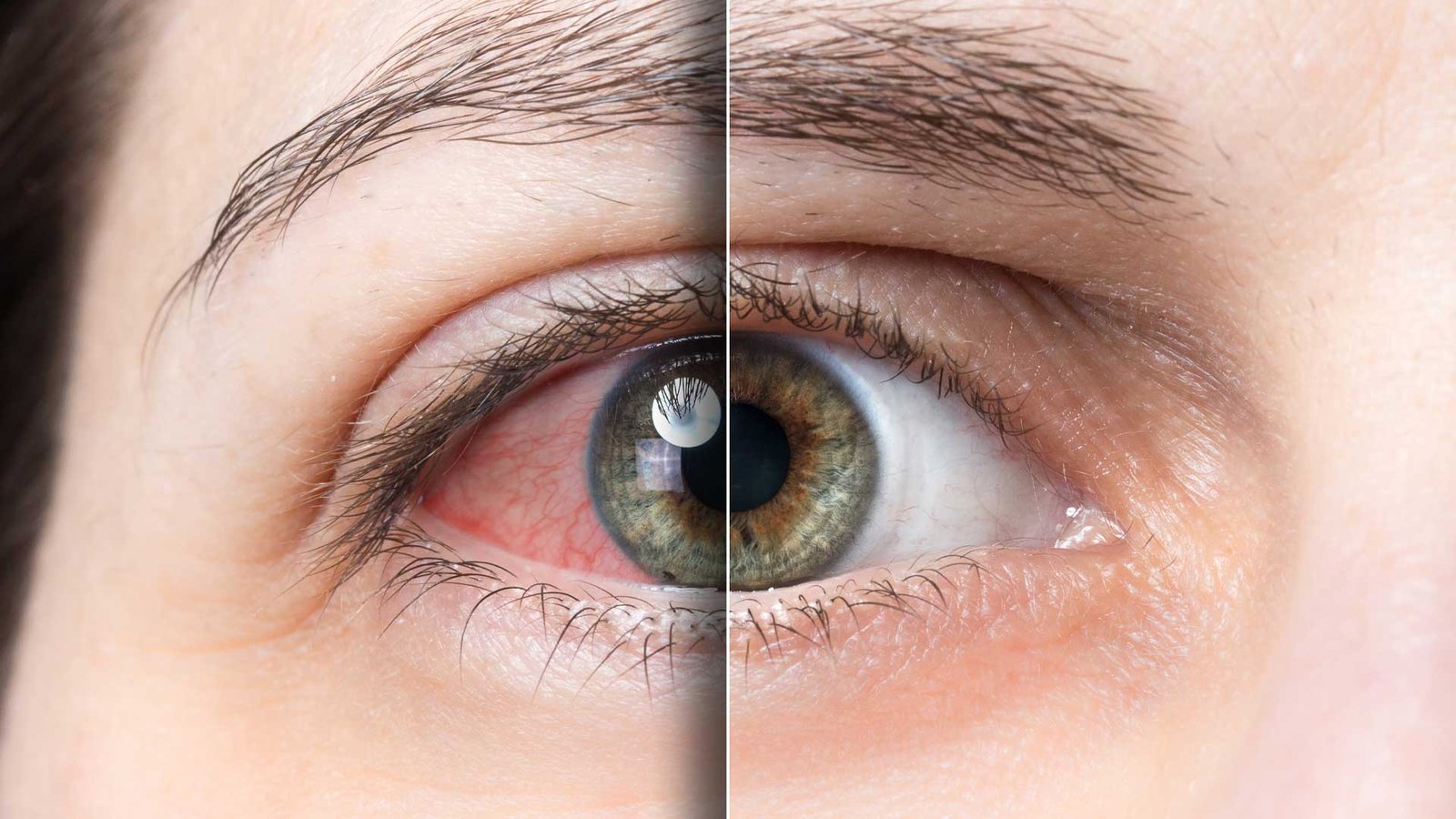Tear production is essential to keeping your eyes moist and protected. Eye dryness caused by a long flight or too many hours looking at a computer screen might be annoying, but it’s usually nothing to be concerned about. Chronic dry eye, on the other hand, might be a sign of a medical issue. Dr. Sophia Barnes of Vision Corner in Houston, Texas, examines the chronic dry eye, its causes, and possible problems in this video.
Why are tears necessary?
It’s crucial to understand the significance of tears in your eye health in order to understand why the chronic dry eye is an issue. Your eyelids deposit a coating of tears over the surface of your corneas every time you blink to
- Provide lubrication
- Remove dirt and foreign particles
- reduce the risk of infection
- nourish eye tissue
- help concentrate light entering your eyes
Tears have three layers: an oily outside layer, a watery middle layer, and an inner mucus layer that helps them attach to the surface of your eye. Your eyes are subject to harm if your tear production is disrupted.
There are two basic causes of chronic dry eye: a lack of quantity and a lack of quality of tears.
There are not enough tears: The glands surrounding your eyes should create a regular stream of tears to keep your corneas covered in the ideal situation, but some situations might obstruct tear production. Your body’s processes, including your tear-producing glands, naturally slow down as you become older.
Pregnancy and menopause may cause dry eyes due to hormonal changes that reduce tear production. Antihistamines, blood pressure medicines, antidepressants, and decongestants are among the medications that might cause dry eyes.
Tears of poor quality: You may shed a sufficient number of tears, but the quality may be poor. Despite the appearance of normal tear production, if any of the three layers of tears are missing, you may develop chronic dry eye. Your tears may evaporate too rapidly if you don’t have enough of the smoother outer oily layer. Diabetes and thyroid disorders, eye infections, and rolled inward or outward eyelids are among medical factors that might make you more prone to persistent dry eye.
Chronic dry eye’s long-term consequences
You put your eyes and your eyesight in danger if you neglect your chronic dry eye disease. Here are some of the long-term issues you could face.

Ulcers on the cornea
Errant particles may scrape your cornea and open the door for germs and illness if you don’t generate enough tears to remove dust and debris from your eyes on a regular basis. Infections on the cornea can develop into microscopic lesions known as corneal ulcers, which need antibiotic eye drops to treat. If corneal ulcers are not treated, scar tissue may form, resulting in impaired vision or blindness.
Conjunctivitis
If you have chronic dry eye, the conjunctiva — the transparent membrane that lines the bottom of your eyelids and covers the whites of your eyes — may become irritated, in addition to corneal infection. Conjunctivitis occurs when this mucus layer gets irritated. A different condition with similar symptoms is pink eye, which is conjunctivitis caused by a bacterial infection. Conjunctivitis is a condition that produces red, gritty, and painful eyes and needs medical attention.
There’s a correlation between persistent dry eyes and migraines, according to studies. While the causeand-effect link is unknown, it is known that those who suffer from chronic migraines are almost twice as likely to suffer from chronic dry eye.
Problems with vision

Lack of tears may create hazy vision because tears assist concentrate the light that enters your eyes. At first, you could attribute this to weary eyes or the need for a new pair of glasses. Dry eyes, on the other hand, aren’t something that can be addressed with a pair of glasses. You could find it difficult to read, operate on a computer, or drive a vehicle. You can even find it difficult to keep your eyes open. Even in moderate light, many of our patients with dry eyes complain of excessive light sensitivity, forcing them to squint.
Don’t take the chance of developing chronic dry eye issues. Dr. Barnes can determine the cause of your persistent dry eyes and prescribe medicinal drops to alleviate the condition. Make an appointment with Dr. Barnes at Vision Corner immediately if your eyes are always dry, gritty, and inflamed. Call us at 713623-2000 or fill out our online form to schedule an appointment.





